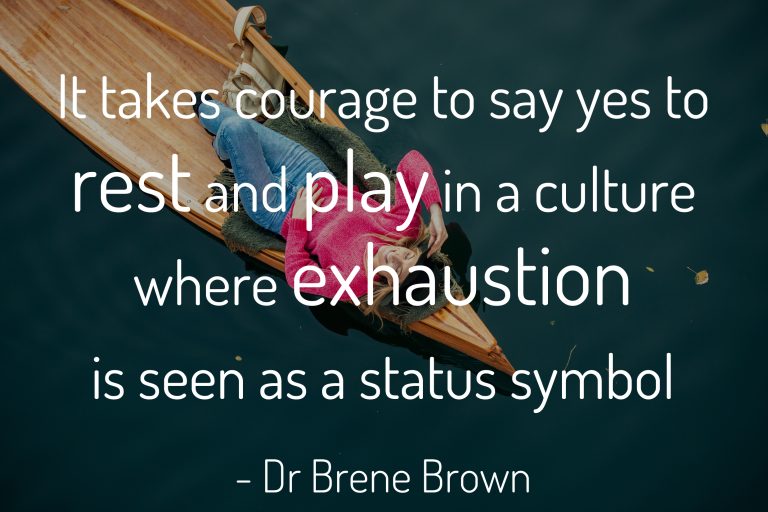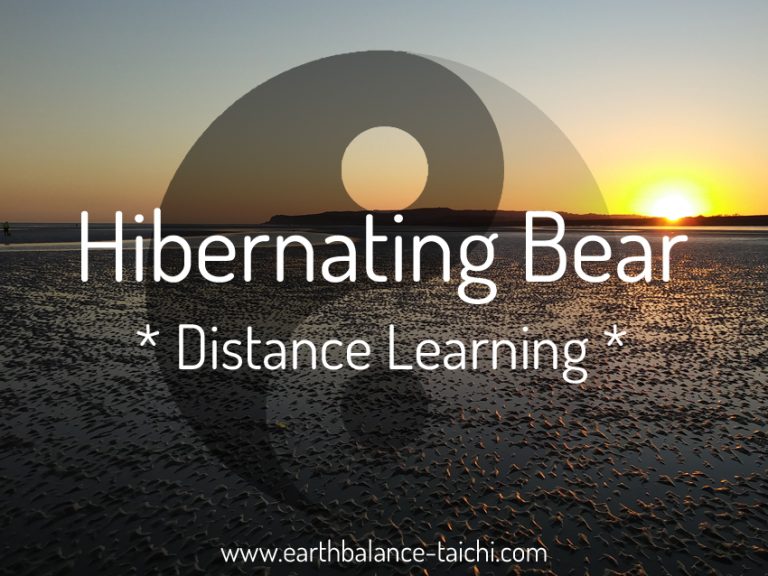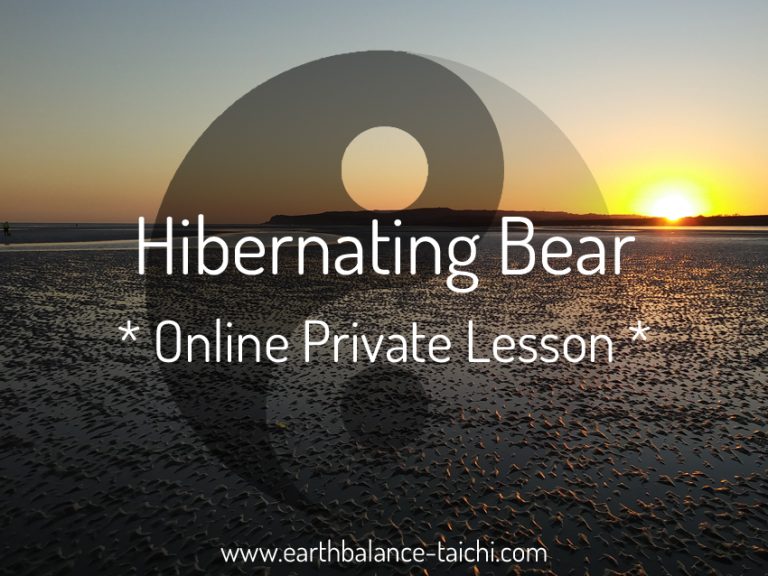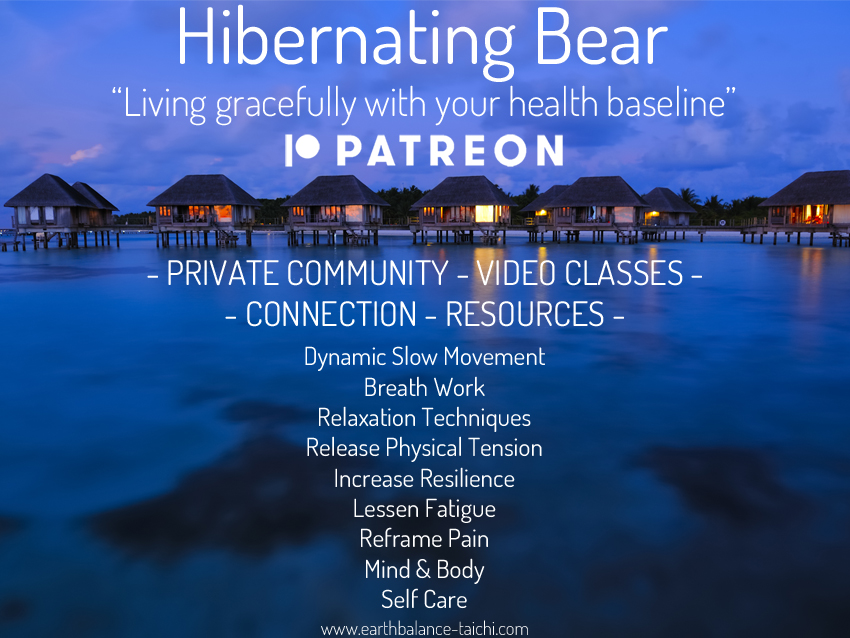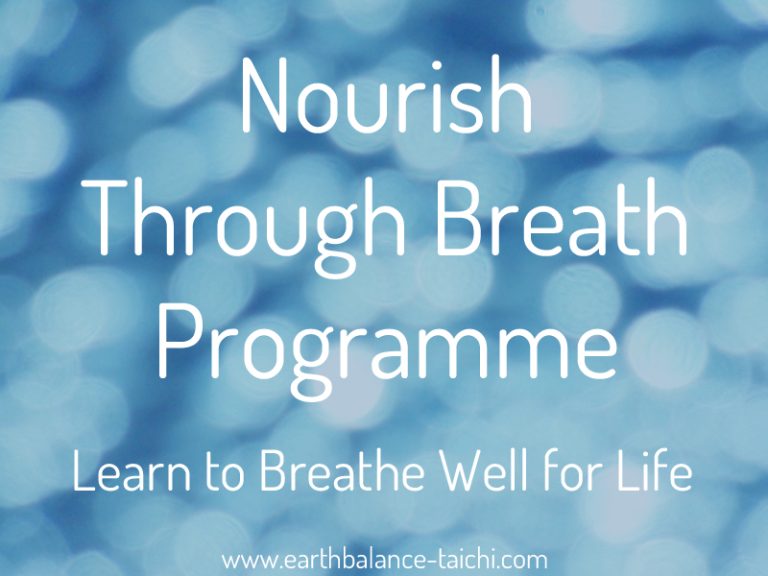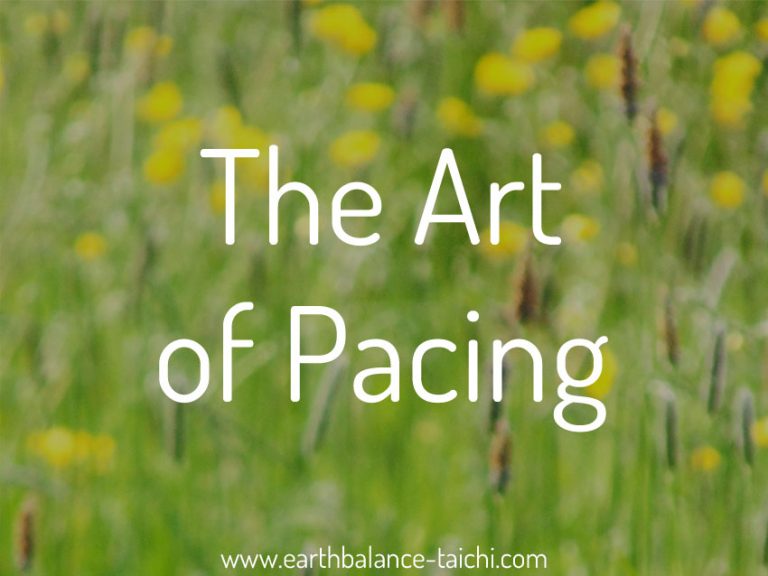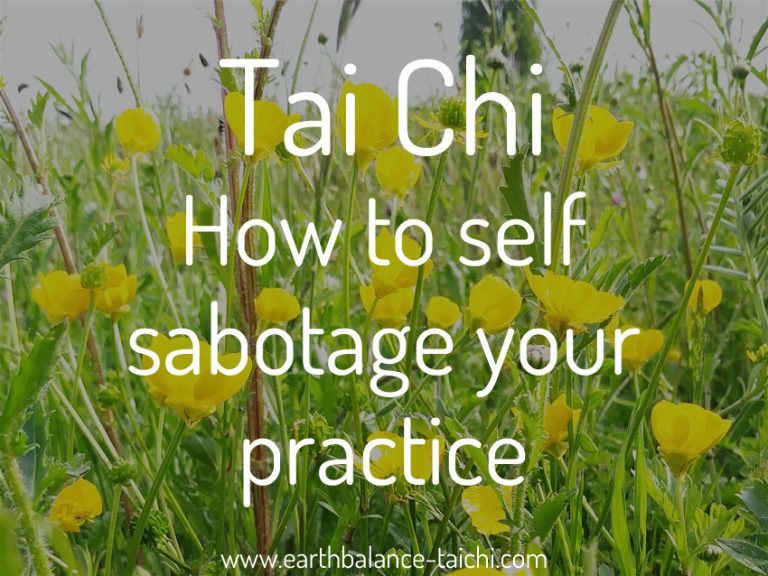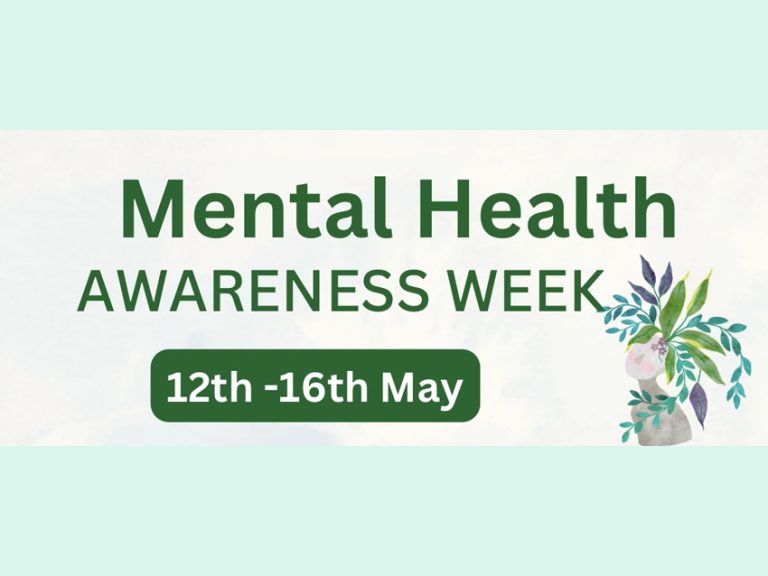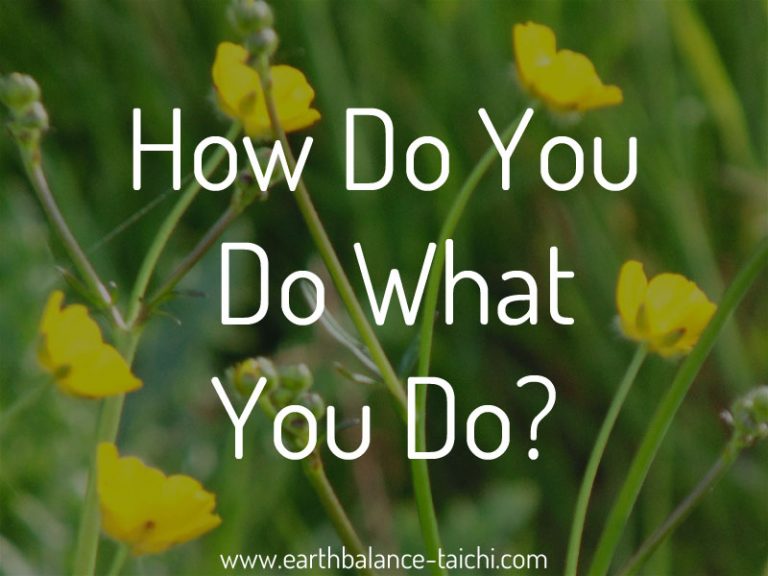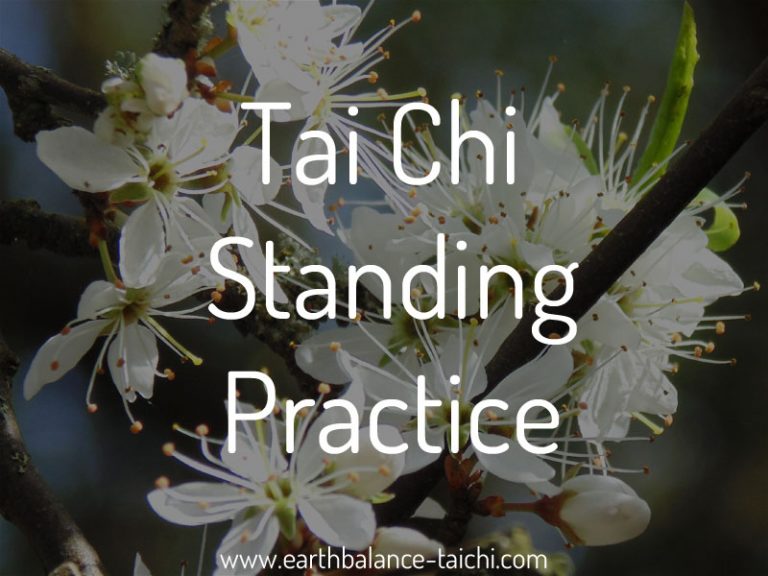Health Baselines

Health Baselines
Learning to Take Care of Yourself
In my classes I often talk about exercising and training gracefully to your own physical baseline. This phrase comes from my teacher Casey Kochmer, from Personal Tao. Read his article on baselines here. We all have a unique health baseline, that changes with the ebb and flow of life. There is not one 'cookie cutter' formula for everyone to follow in exercise and health management. If you work against your baseline, this creates resistance, tension and force, which never ends well. Listening, observing and responding to your changing baseline gives you the chance to explore, pause and flex, to find balance and potential. By working with your baseline, as Casey says, "you become an expert on you". Read more about learning to pace to your baseline here.
Health Baselines in Tai Chi and Qigong Training
When we exercise to the ebb and flow of our individual health baseline, we release resistance. Instead, we work with the body kindly, with appropriate challenge and with self compassion. The absence of resistance gives us room to explore and helps us avoid being in conflict with ourselves over what we aren't doing and what we should be doing. Training to your baseline helps to reframe our mindset from focusing on what we can't do, to what we can do. No matter where the physical body is on any given day, it is possible to have a regular movement and stillness practice.
Knowing your baseline means taking time to listen to your body, to observe yourself and be sensitive to your physical, mental, emotional and spiritual resources. Warm up exercises are ideal for listening to your physical body, as they are easy to perform, they get the blood and oxygen moving, and can only take 5-15 minutes. Warm ups are your diagnostic, feeling into the body as you gently rotate and loosen the joints, to understand what feels at ease, and what doesn't. With this understanding you can then chose to close at the end of the warm ups, or continue into your movement practice with awareness of your body's baseline. Like a physical diagnostic of your abilities and resources. You can also observe your fatigue levels in the same way, through listening and responding. The same with how you are feeling, your emotions and state of mind. Baseline training is a holistic way of getting to know yourself, developing awareness and learning how to respond with grace.
All Tai Chi and Qigong movements can be adapted to the individual. The most important point is that any movement you can do daily is helpful, and any stillness, meditation or mindfulness you can do daily is helpful. It is not all or nothing. Most students fall into the trap of doing nothing, because they plan to do an hour of training in their home practice and that goal becomes overwhelming. If you have never done an activity for an hour then starting out with an hour is likely to lead to frustration, giving up or not starting. What can you start with? 5 minutes, 10 minutes..... Or, turn the idea of baseline training around and consider training to 60-70% of your ability at that moment. Start with 5 minutes and self reflect, continue for 5 minutes and self reflect. When you reach 60-70% of your ability, cool down and close the session. You can create a routine that supports you, giving you challenge and progress when the time is right, and applying rest and rejuvenation when the time is right. All guided by you, your natural self. This is the essence of baseline training, to listen and observe and to respond with kindness.
I created the 'Hibernating Bear Tai Chi' movement programme to support students with their individual health baselines. Each of us is truly unique, and unique requires a new approach. I draw on my Tai Chi, Qigong and Taoist meditation experience along with my own experience of living with a different health base line from the norm. Find out more here.
